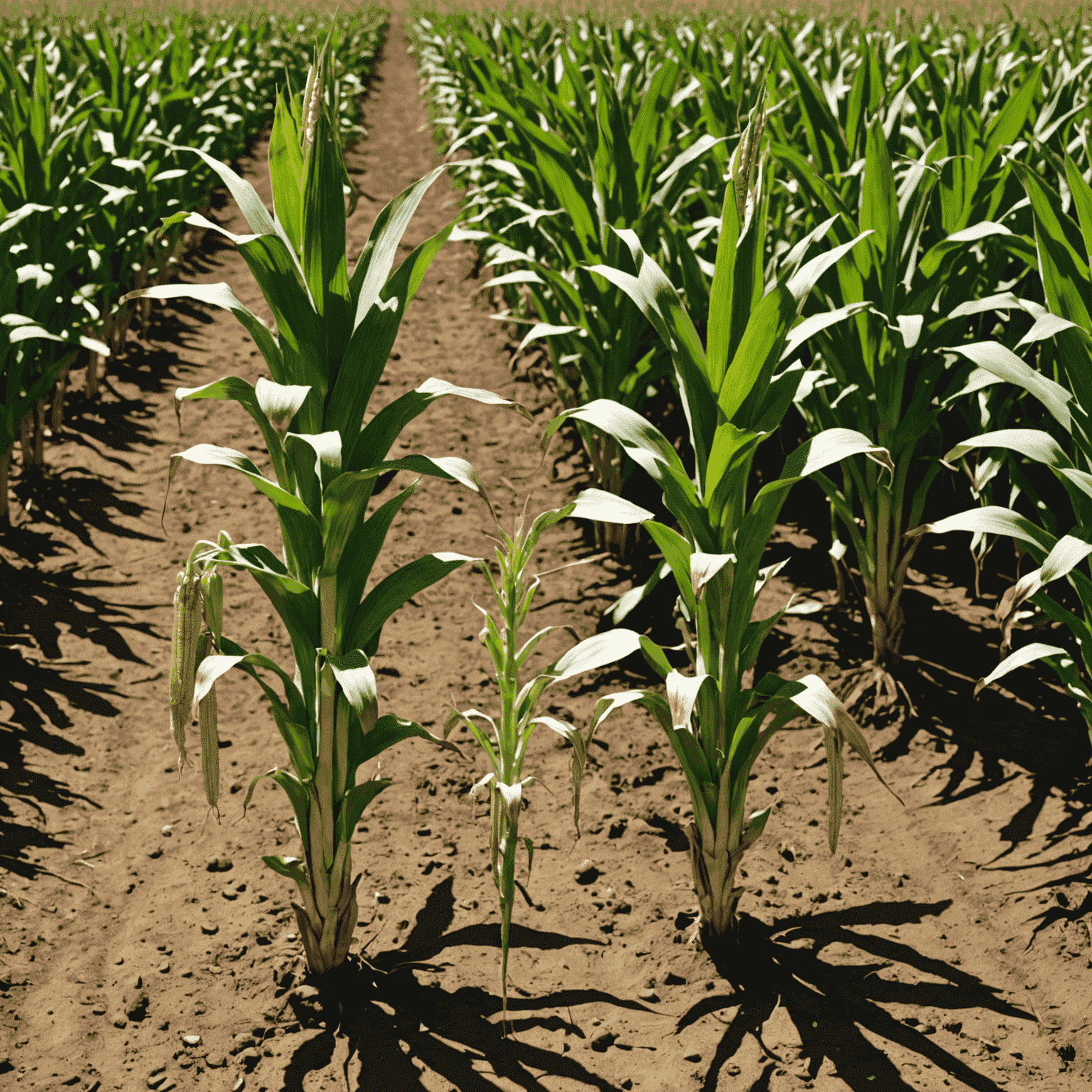Drought-Resistant Crops: A Solution for SA Farmers

As climate change continues to pose significant challenges to agriculture in South Africa, drought-resistant crop varieties are emerging as a crucial solution for ensuring food security and supporting farmers' livelihoods.
The Impact of Climate Change on SA Agriculture
South African farmers are increasingly facing the harsh realities of climate change, with prolonged droughts becoming more frequent and severe. These conditions have led to reduced crop yields, financial strain on farmers, and concerns about long-term food security in the region.
Introducing Drought-Resistant Crops
Drought-resistant crop varieties are specially bred to withstand periods of low rainfall and high temperatures. These crops can maintain productivity even in challenging conditions, offering a lifeline to farmers in drought-prone areas.

Benefits of Drought-Resistant Crops
- Increased yield stability during dry seasons
- Reduced water requirements, leading to more efficient resource use
- Improved financial security for farmers
- Enhanced food security for local communities
- Greater resilience in the face of climate change
Popular Drought-Resistant Crops in South Africa
Several drought-resistant crop varieties have shown promise in South African agriculture:
- Drought-tolerant maize
- Sorghum
- Pearl millet
- Cowpeas
- Cassava
Financial Planning for Crop Transition
Transitioning to drought-resistant crops may require initial investment and careful financial planning. Farmers should consider:
- Costs of new seeds and potential equipment
- Projected returns based on improved yield stability
- Government incentives or subsidies for climate-smart agriculture
- Long-term savings on water and other resources
The Role of Research and Development
Ongoing research and development in drought-resistant crop varieties are crucial for the future of South African agriculture. Scientists and agricultural experts are continuously working to improve crop resilience and adapt to changing climate conditions.

Conclusion
Drought-resistant crops offer a promising solution for South African farmers facing the challenges of climate change. By adopting these resilient varieties, farmers can better protect their livelihoods, contribute to food security, and build a more sustainable agricultural future for the country.
As we look towards retirement and long-term financial stability in the agricultural sector, embracing innovative solutions like drought-resistant crops will be key to ensuring a prosperous and sustainable future for South African farming communities.